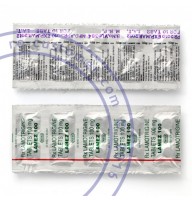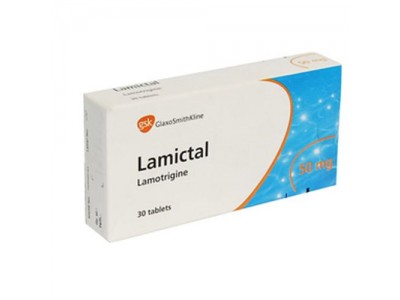Treating bipolar disorder and anxiety while minimizing side effects like weight gain can be challenging, but there are several medications that are less likely to cause weight gain and may be effective for both conditions.
1. Lamotrigine (Lamictal): This medication is commonly used as a mood stabilizer in bipolar disorder, particularly effective for preventing depressive episodes. It is less associated with weight gain compared to other mood stabilizers.
2. Aripiprazole (Abilify): An atypical antipsychotic used in the treatment of bipolar disorder, Aripiprazole has a lower risk of weight gain compared to many other antipsychotics. It is also used as an adjunct treatment for anxiety.
3. Lurasidone (Latuda): Another atypical antipsychotic that is effective for treating bipolar depression. It has a relatively favorable weight profile, making it a good option for those concerned about weight gain.
4. Ziprasidone (Geodon): This atypical antipsychotic is used for both bipolar disorder and anxiety symptoms. It is less likely to cause weight gain compared to other medications in its class.
5. Oxcarbazepine (Trileptal): While not as commonly used as other mood stabilizers, Oxcarbazepine can be effective for treating bipolar disorder with a lower risk of weight gain.
6. Buspirone (Buspar): For treating anxiety specifically, Buspirone is an anxiolytic that does not typically cause weight gain and is non-sedative. It can be used in conjunction with other medications for bipolar disorder.
7. Selective Serotonin Reuptake Inhibitors (SSRIs): Certain SSRIs like Escitalopram (Lexapro) and Sertraline (Zoloft) are effective for anxiety and have a lower risk of weight gain compared to other antidepressants. However, they need to be used cautiously in bipolar disorder due to the risk of triggering manic episodes, usually under the close supervision of a psychiatrist.
8. Bupropion (Wellbutrin): While primarily an antidepressant, Bupropion can be useful for anxiety and has a lower risk of weight gain. It is sometimes used off-label as an adjunct treatment in bipolar disorder but must be monitored for potential mood destabilization.
Each individual's response to medication can vary, and it often takes some trial and error to find the most effective treatment with the fewest side effects. It's essential to work closely with a healthcare provider, usually a psychiatrist, to tailor the treatment plan to your specific needs. Regular monitoring and open communication about side effects and efficacy are crucial in managing both bipolar disorder and anxiety effectively.

